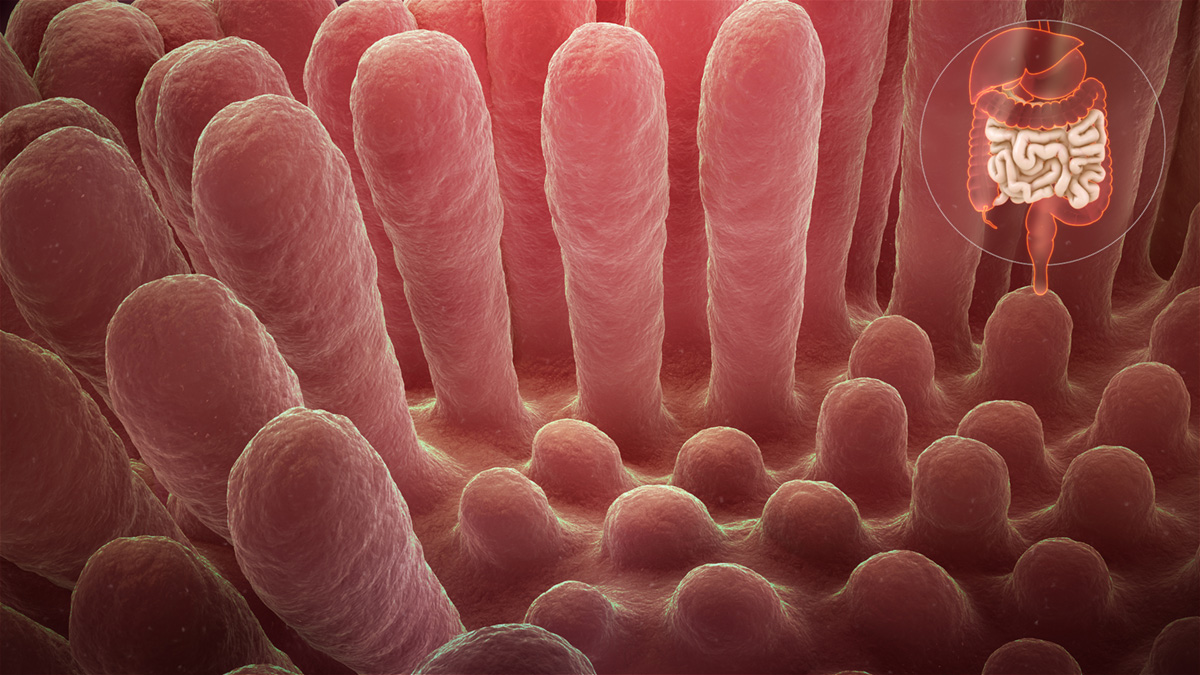
Celiac disease is inherited sensitivity to gluten, which is a combination of two proteins found in wheat, rye and barley. The first symptoms appear as early as the child stops consuming mother’s milk and include bloating, abdominal pain, vomiting and diarrhea an hour or two after gluten ingestion rash, canker sores, mood swings, low energy and failure to grow. As gluten causes damage to the intestinal membranes leading to poor food absorption, a gluten-free diet is the only way to eliminate the symptoms of the disease and avoid possible complications.
Supplements
Since the person suffering from celiac disease ends up poorly absorbing the food and lacking nutrients, this shortage has to be compensated, and supplements and dietary changes are the only way to overcome this challenge. Supplements containing gluten digestive enzymes are recommended for regular use, but they should be accompanied by multivitamins and mineral supplements. People affected by celiac disease are short of vitamin B6, which causes most of the symptoms of the condition so it has to be supplemented with P-5-P (pyridoxal-5-phosphate), the active form of the said vitamin. B-complex vitamins should also be included.
Multivitamins will cover the body’s demands for A, D and E vitamins. Another fatty-soluble vitamin, vitamin K, can be obtained from alfalfa and other dark green leafy vegetables. Evening primrose oil is a good source of omega-6, a fatty acid the body is depleted of in cases of gluten intolerance. Fish and fish oil supplements can also be used regularly to make up for the fatty acid deficit. Vitamin C supplements and bioflavonoids are advisable for symptom relief. The essential mineral silica either in capsule or gel form, can sooth the inflammation of the gastrointestinal tract if taken regularly. Medicinal clay is recommended for inflammation of the colon and the protection of irritated colon walls.
Herbs
The following herbal remedies help reduce the irritation and inflammation of the intestine, and repair the damage caused to mucous membranes. Four drops of agrimony tincture in water, taken three times a day make an excellent herbal remedy for celiac disease. Silica mineral, known for its ability to restore the connective tissues and reduce inflammation is found in horsetail herbal tea (3 daily cups are recommended). Fifteen drops of horsetail tincture, mixed in a liquid and taken 3 times a day have the same effect. Purifying and nutritional herbal drink can be made from saffron, yellow dock and dandelion.
Herbal remedies forchildren
Regular daily intake of the aloe vera herb can sooth the inflamed gastrointestinal tract in children. The recommended dosage of edible aloe vera is half a teaspoon taken twice a day. Slippery elm herb, available as herbal tea or in capsule form, is another soothing and healing herb for the digestive tract. With some added water the herb can be turned into paste which is then mixed in food. These supplements are to be taken once or twice a day, or according to the need.


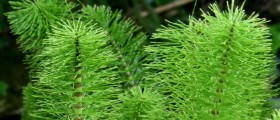

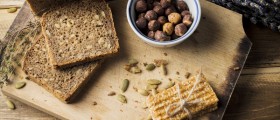




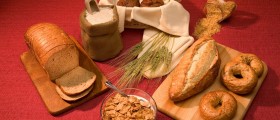






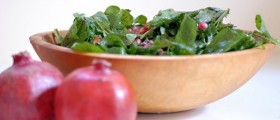
Your thoughts on this
Loading...